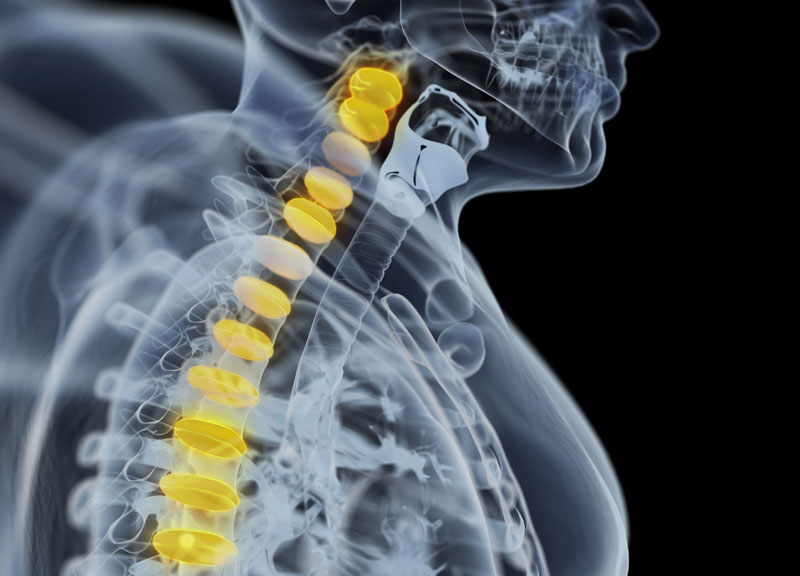Cerebral vascular disease is a condition of the blood vessels in the brain. Unfortunately, these disorders are among the most common death, causing conditions across the world. Cerebral vascular disease leads to fatal health conditions such as a stroke, hemorrhage and many others.
Immediate treatment will help control the disease and symptoms increasing the chance of survival. Hence, it is important to understand the symptoms and report to a medical practitioner immediately:
Symptoms and Signs of a Cerebral Vascular Disease:
The symptoms of cerebrovascular disease depend on the site (location) of hemorrhage. Other factors that influence symptoms include the location of thrombus or embolism and the extent to which the cerebral tissue has been damaged. One of the major signs of a hemorrhagic (ischemic attack) is motor dysfunction.
Early Stage of the Condition
The patient may experience the following symptoms during the early stages of a cerebrovascular attack:
- Flaccid paralysis, characterized by unresponsive muscles or a limp
- Paralysis followed by increased muscle tone and spasticity
- Loss of gag reflex
- Loss of / inability to cough
- Dysphagia (communication problems)
- Receptive or expressive aphasia
- Dysarthria and apraxia
The patient may develop spatial and/or perceptual benefits. These include conditions referred to as homonymous hemianopia. This causes loss of half of visual field. Another effect is an agnosia which makes the patient lose ability to recognize an object.
Other Symptoms of Cerebral Vascular Disease:
- Vomiting
- Seizures
- Fever
- Electrocardiogram irregularities
- Confusion resulting in loss of consciousness
- Breathing problems
- Increase in blood pressure
- Bowel and bladder incontinence
Common Signs of a Hemorrhagic cerebrovascular Attack:
- Abrupt, severe headache
- Nuchal rigidity
- Paralysis of one side of body (complete hemiplegia)
- Neurological problem worsens as hematoma grows larger
- The patient may experience gradual loss of consciousness
- The patient may slip into a coma
Symptoms of Thrombotic Cerebrovascular Attack:
- Progressive deterioration of motor function
- Progressive deterioration of sensory function
- Gradual deterioration of speech
- Lethargy
Symptoms of Embolic Cerebrovascular Attack:
- Sudden onset of motor and sensory problems
- Deteriorated speech
- Headache on one side of the head




